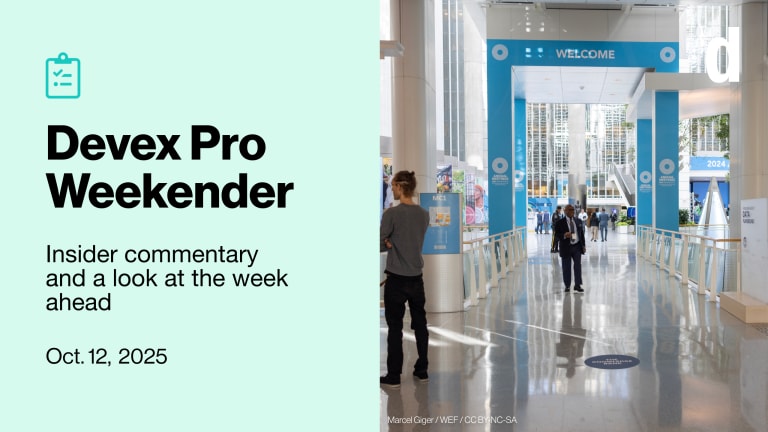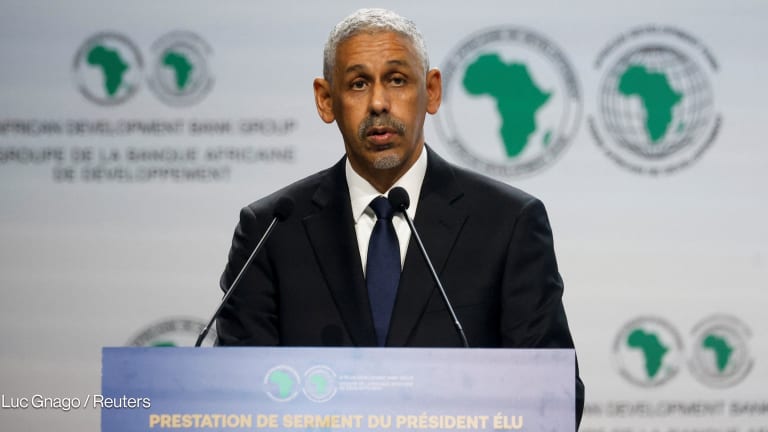
The United States may be facing its toughest opponent yet in the multilateral institution arena: José Antonio Ocampo said the United States is the “major trouble” in negotiations concerning capital increase for the World Bank.
The United States is the bank’s major shareholder, and consequently, one of its biggest donors. But Ocampo, speaking at the event organized by the Center for Global Development and The Washington Post, did not seem fazed. Instead, he pointed out that the United States does not want to lose shares, but would not release more funds.
“The World Bank is constrained by its major shareholders,” Ocampo said, adding that the United States and the Europeans should decide whether to “do” the capitalization or allow other countries to contribute. He also believes negotiations with the U.S. Congress on funding will be difficult regardless whether the World Bank president is American or not.
The Colombian University professor had just come from an hourslong interview with the bank’s board of directors, which he described as “unprecedented.” His vision for the bank centers on three Cs: climate change, cooperation and a change of culture.
Ocampo said the bank is “well positioned” to support climate change efforts given its knowledge base. But in the realm of cooperation, Ocampo said the bank has been “less good.” He said the World Bank should improve its relations with the United Nations and other multilateral development banks — and not just the International Monetary Fund. He said he had an “easier time” working with the IMF than the World Bank while at the United Nations.
As for culture within the bank, Ocampo said staff members should learn to value their work at the country level — not just in Washington. In addition, he said the bank should recognize capable individuals in other organizations and countries to broaden its views on the development debate.
While Ocampo and fellow nominee Ngozi Okonjo-Iweala share the same frustration when it comes to the bank’s “slow response” to pressing concerns, they both believe the financial institution has made great strides toward making a more “open” leader selection process.
Read more:
Read more development aid news online, and subscribe to The Development Newswire to receive top international development headlines from the world’s leading donors, news sources and opinion leaders — emailed to you FREE every business day.








